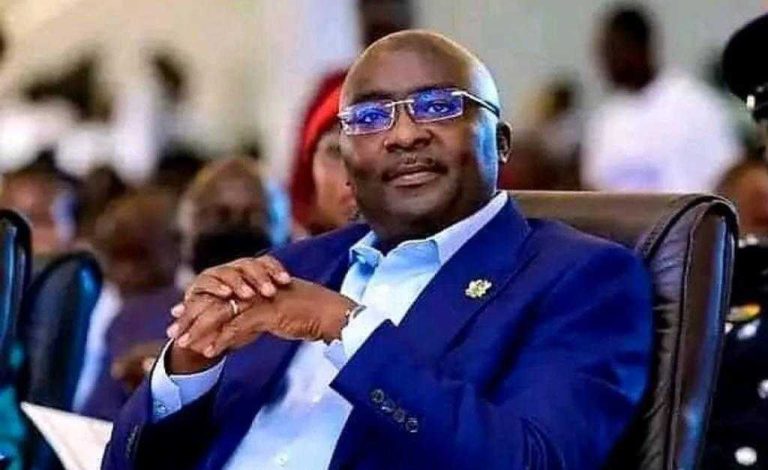
Ken Ofori-Atta is using high taxes to undermine Bawumia's presidential campaign.
Enacted in December 2023, the Emissions Levy Act imposes fees on carbon dioxide equivalent emissions from cars powered by internal combustion engines in an effort to reduce greenhouse gas emissions.
The government wants to support global efforts to achieve net-zero targets and promote the adoption of ecologically friendly technologies.
The government instructed the GRA to collaborate with power distribution firms to impose VAT on households that consume more electricity than they need for survival, in addition to the emissions charge. The directive has increased public unhappiness and will take effect on January 1, 2024.
It is anticipated that Dr. Bawumia will address these issues and dissociate himself from the contentious taxes in his next speech.
The political environment is tight as the country waits for his speech, with allegations of internal sabotage undermining the party’s cohesiveness before the pivotal elections.
It is scheduled for 4:00 pm at the University of Professional Studies (UPSA) Kofi-Ohene Konadu Auditorium. This would be the Vice President’s first public speech in a long time, after he was elected as the NPP flagbearer in November 2023.
Parliament passed the new Emissions Levy Act in December 2023 with the intention of taxing carbon dioxide equivalent emissions, particularly those from internal combustion engine cars.
In line with the pursuit of net-zero aims, the government’s main goals are to address greenhouse gas emissions and promote the development of environmentally beneficial technologies.
Based on the kind and engine capacity of the vehicle, vehicle owners will be required to pay different sums to the Ghana Revenue Authority when this levy is implemented.
A public service announcement that appeared in the newspapers states that owners of tricycles and motorcycles must pay GH¢75 annually.
Moreover, GH¢150 will be paid annually for cars, buses, and coaches up to 3000 cc, and GH¢300 for those over that capacity, as well as freight trucks and articulated trucks.





